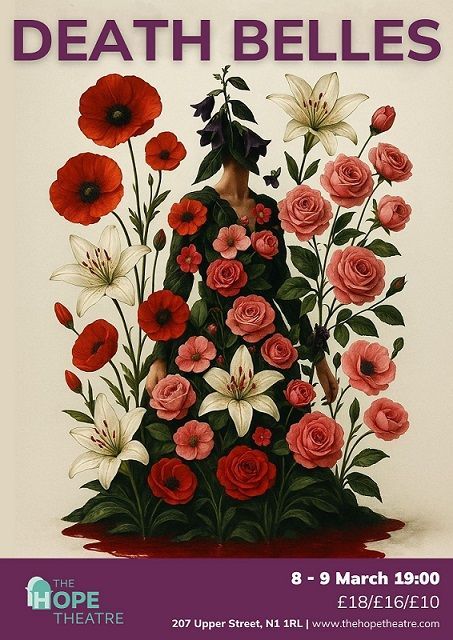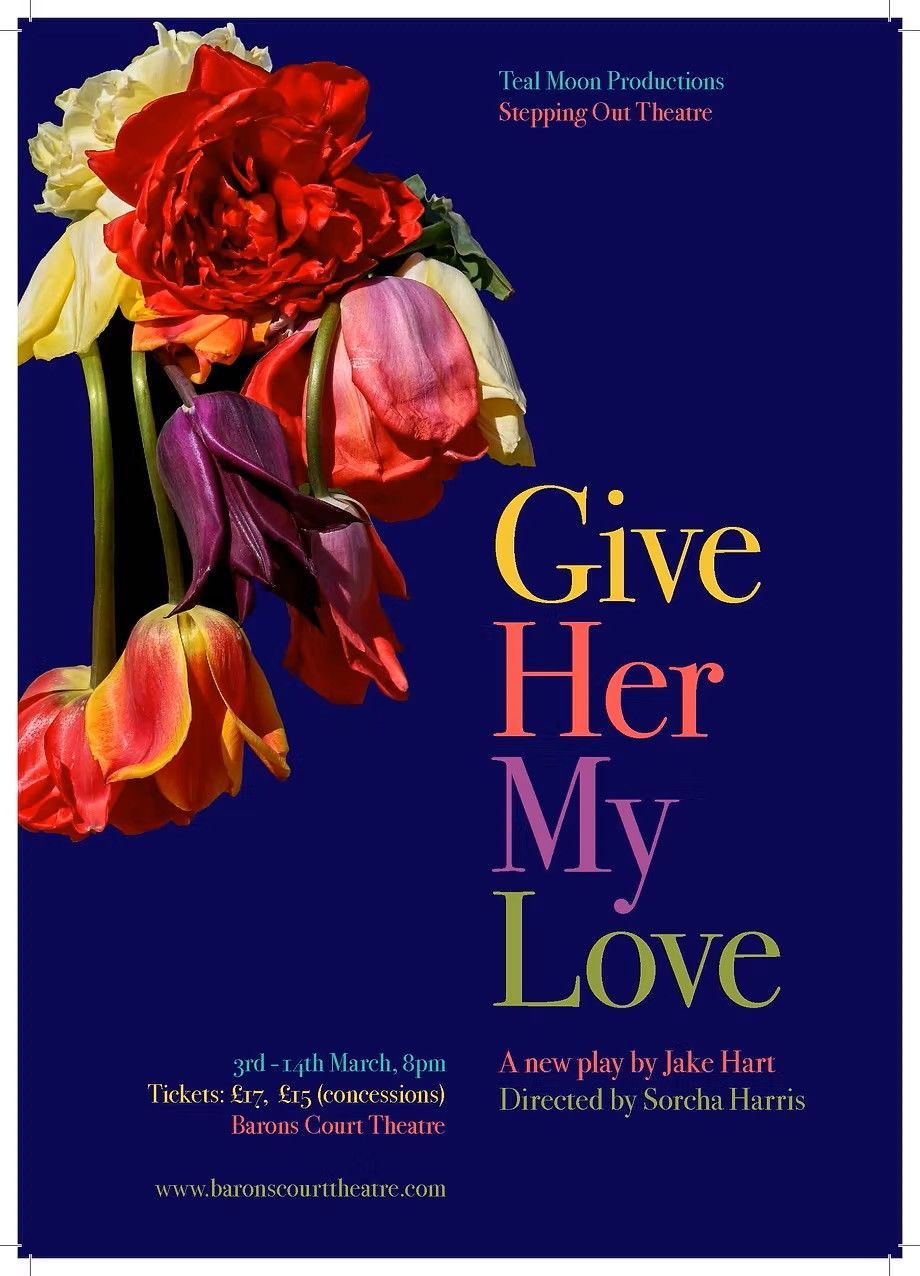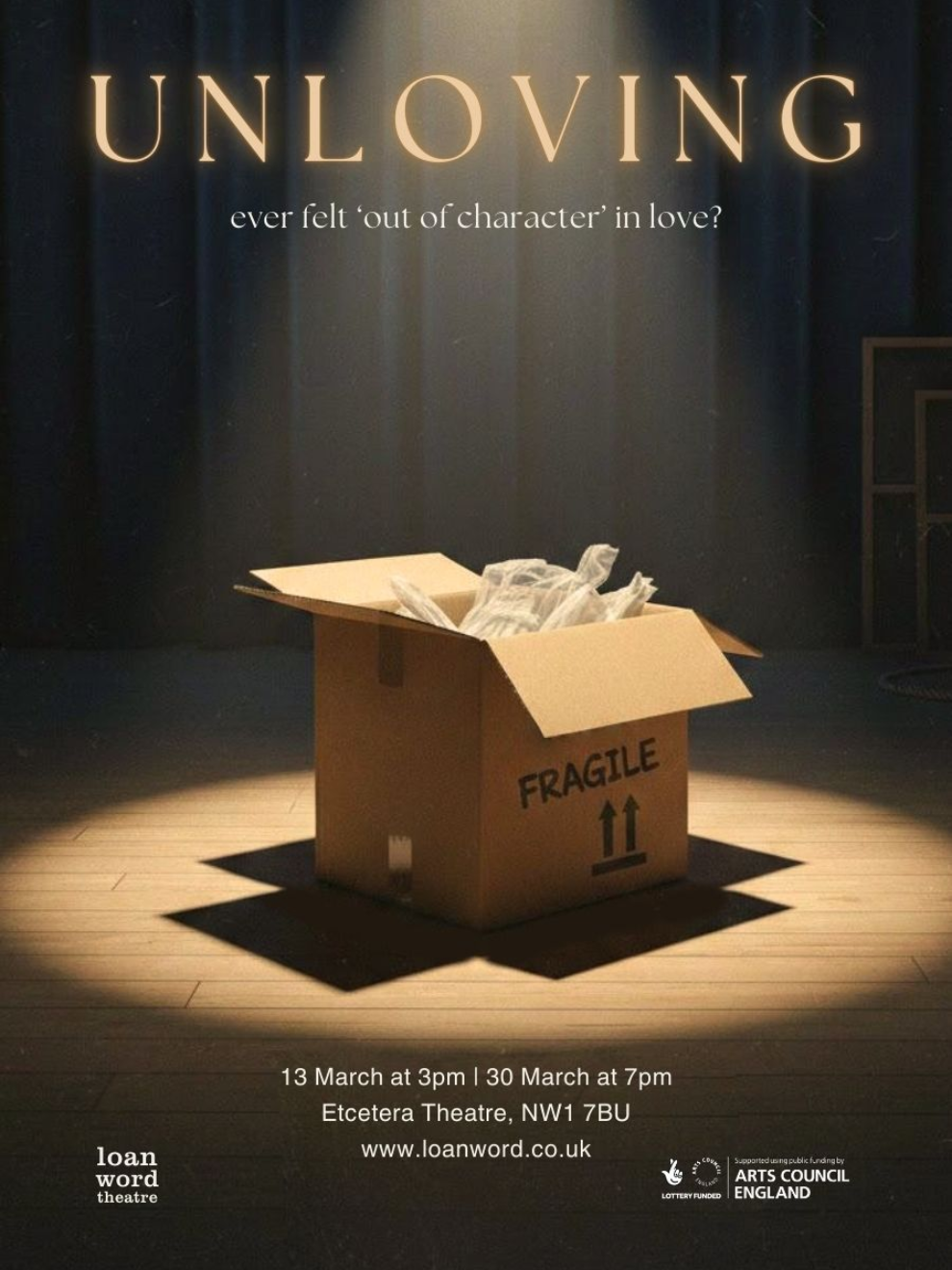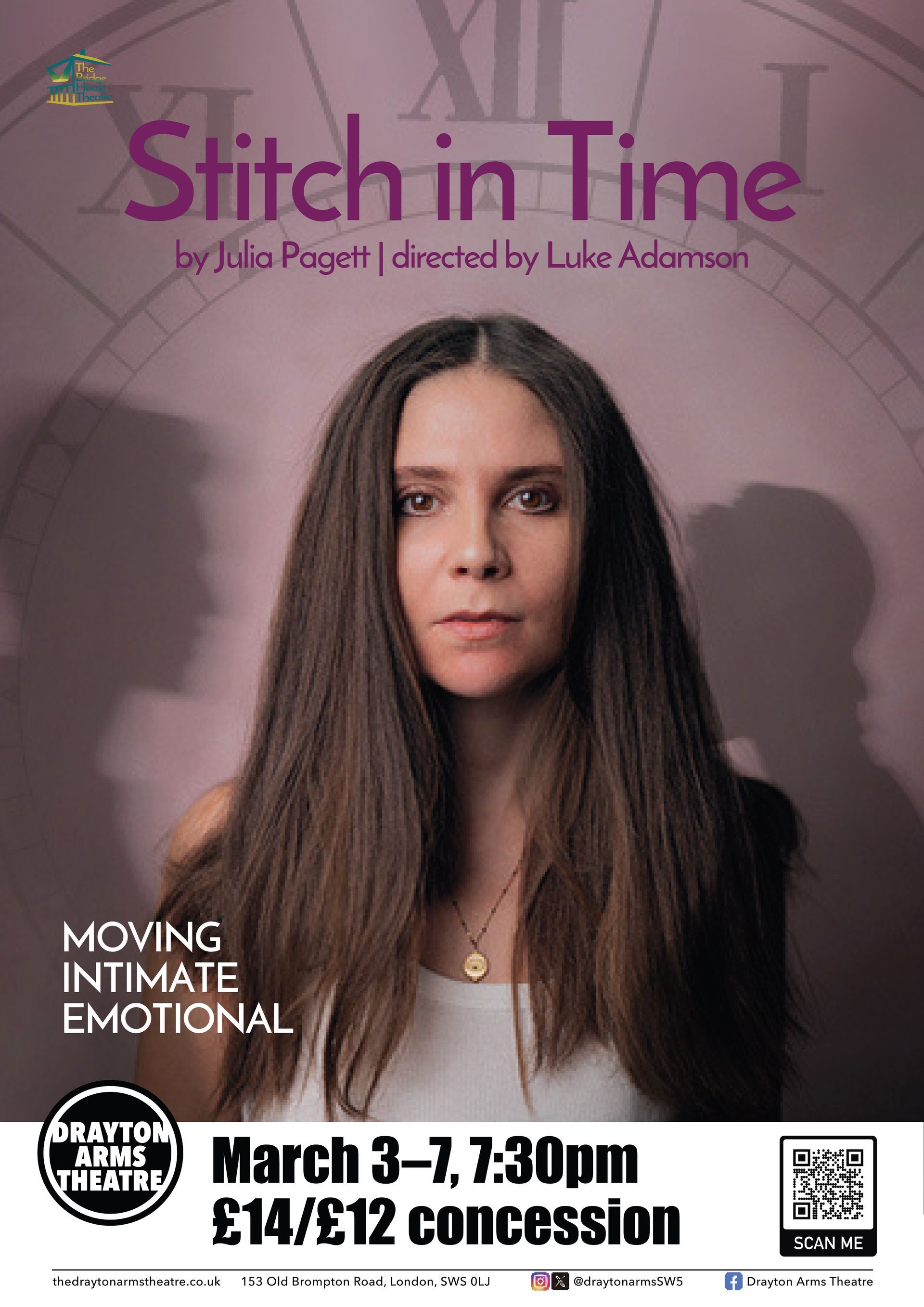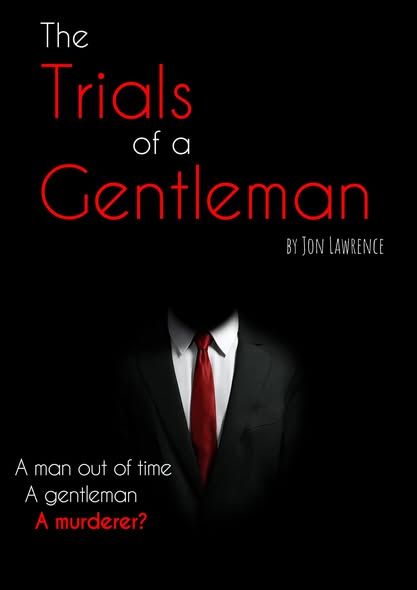REVIEW: THE DEVIL MAY CARE at Southwark Playhouse 8 Jan – 1 Feb 2025
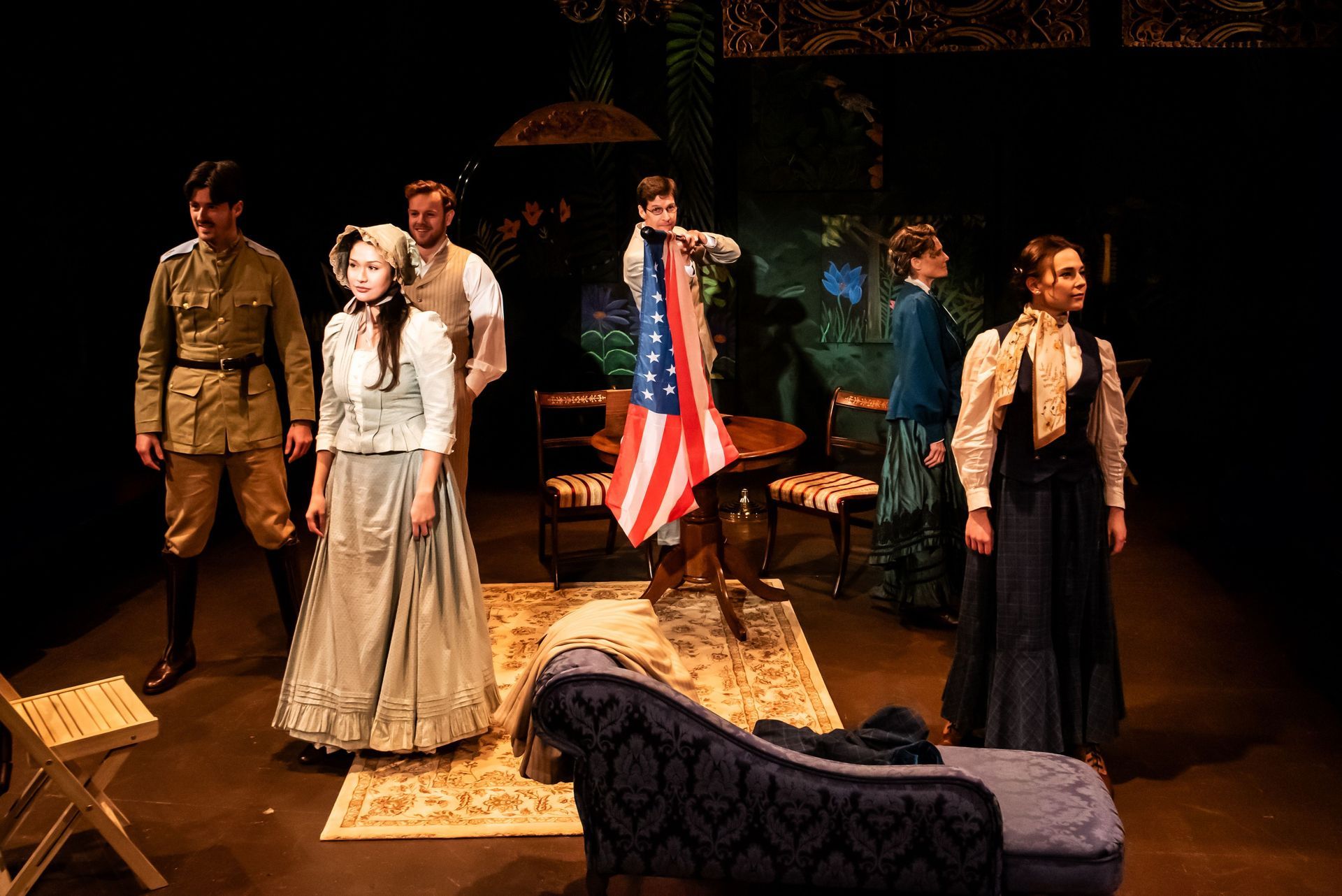
'holds plenty of potential for highlighting trenchant themes, but misses the mark' ★★ ½
In 1897, up-and-coming playwright George Bernard Shaw had a smash hit—a run-away success that netted him his largest earnings to date, and established his name as a box-office draw. No, not Pygmalion, not Candida, not even Mrs. Warren's Profession. It was a now little-known historical drama called The Devil's Disciple, an exploration of morality and hypocrisy during the American Revolution.
Playwright and director Mark Giesser has tackled this forgotten script in service of the time-honoured and risky tradition of adapting a famous writer's oeuvre to a new context. He has shifted the story from 1777 to 1899, placing it in the Philippine-American War, when the islands were struggling for their own independence. ‘I decided to move Shaw’s story forward a century to the pivotal time when the United States set out to create its own empire’, Giesser explains.
Setting the story in America's ‘first Vietnam’ holds plenty of potential for highlighting trenchant themes, and bringing in new ones: while the original already addressed imperialism and women's economic rights, the new setting also brings racism and waterboarding to the fore. Add to that the draw of TV star Callum Woodhouse in the lead—a point heavily emphasised in the show's marketing—and it's easy to understand the production pitch's appeal.
Yet the result is not just underwhelming, but uncomfortable.
Giesser's intentions are good. One, he's done his research. Two, he's tried to solve the queasiness of the original's female characters by giving them agency and jobs. The ‘silly sentimental little wife’ of the minister, Judith (Beth Burrows), is now an educated lawyer; the illegitimate child of the family, here called Isabel (Izyan Hay), doesn't fetch water, scrub soot and swoon over the lead, but rather helps mastermind the revolutionary charge. Giesser has also made explicit what the original left hinted at—that Isabel's outcast status comes not just from her parents' lack of wedding vows, but her mother's lack of a Caucasian background. Through this, and the context of the Philippines' struggle more broadly, he tries to make racism the lynchpin of the show's morality. ‘White men order black men to kill other non-white men for their benefit’, the (anti)hero critiques. Meanwhile, phrases like ‘the white man's burden’, ‘our little brown brothers’ and the locals as ‘half devil, half child’ fall glibly from the less-sympathetic characters' lips.
The issue is that this subject remains entirely constrained within a very white and (strangely) very English drawing-room comedy, one where who-is-flirting-with-whom usually feels more vital than the supposed atrocities going on outside. Never once does the threat of violence feel real. Never once do younger son Elias's (Enzo Benvenuti's) war crime confessions cause true outrage. And painting the back wall with tropical flowers does not mean that the Philippines, despite Isabel's occasional impassioned speeches, truly have a voice on stage. Can you do a play consisting almost entirely of privileged people talking about, rather than with, those discriminated against? Of course. Stephen Daldry's version of An Inspector Calls put his upper-class, doll-house family amongst those devastated by war. Branden Jacob-Jenkins's An Octoroon brilliantly lampooned 19th-century ideas of race by both performing and satirising an antebellum society melodrama. In both cases, those talked about or condescended too were, in some form, present—whether visually, or in the identity of the performers themselves. Not so here.
Nor is the show helped by its old-fashioned staging, which constrains the actors in fussy historical costumes while leaving them little choice to but to act in an arch, heightened style. Almost no one seems comfortable in their American accents. Yet apart, perhaps, from the linguistics, none of this is the cast members' fault, who acquit themselves with competency and bursts of charm. Indeed, both they and Giesser seem most comfortable when they can lose themselves in Shawian wit, whether original or added for this adaptation— ‘Naked aggression without compensation isn't the American way!’ gets a particularly loud early laugh. When the jibes start bouncing, the production finds its flow. A satirical flourish at the end, too, is satisfying.
It's a shame the production as a whole feels too hollow to allow these moments of fun to truly hit home.
Photography: Lidia Crisafulli
Cast
Richard Conroe: Callum Woodhouse
Judith Prestwick: Beth Burrows
Adele Conroe: Jill Greenacre
Paul Prestwick/General MacArthur: Richard Lynson
Elias Conroe: Enzo Benvenuti
Isabel Conroe: Izyan Hay
Creative Team:
Writer/Director: Mark Giesser
Costume Designer: Alice McNicholas
Lighting Designer: Sam M. Owen
Set: Intellectual Propery
Stage Manager: Honor Klein
Publicity: Chloé Nelkin Consulting (Saffron Bailey)
Videography: Erica Belton
Marketing: Cup of Ambition (Grace Chapman, Isabel Dixon)
Graphic Design: Clara Marcus
Sound: George Sztuka
Photography: Lidia Chrisifulli
Set and Lighting Assistants: Mollie Cheek, Matthew Ly
